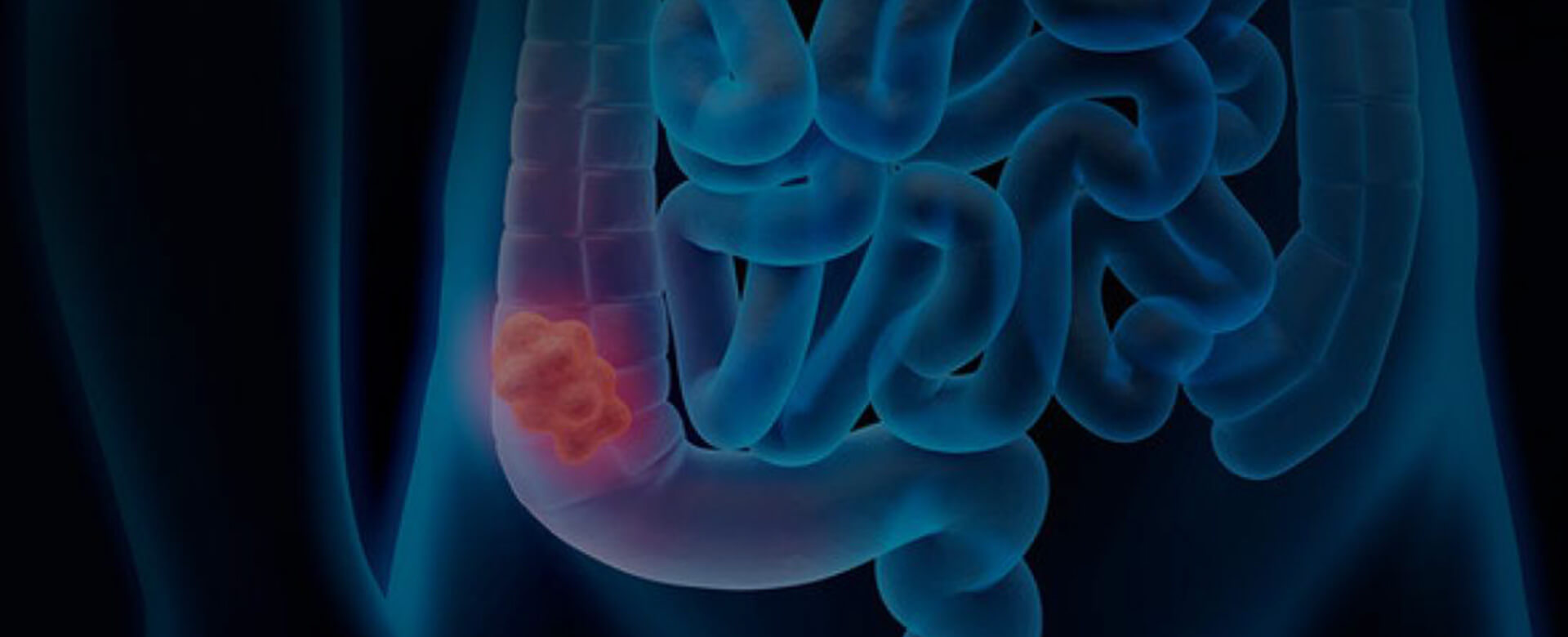The gut microbiota hides a previously unknown weapon against colon cancer. A team of researcher from Humanitas Clinical Research Center in Milan, Italy, found it during a study now published on Nature Microbiology, providing new evidences for microbiota analysis in the fight against cancer.
The new weapon is called Holdemanella biformis. Study authors demonstrated that patients with early stage colorectal cancer lack this bacterium and identified the molecular pathway by which it can control the proliferation of cancer cells.
The gut microbiota and cancer
The gut microbiota, once called the gut flora, consists in all the microorganisms inhabiting human gut. This community, ten times more abundant than human body cells, is fundamental for immune system development. Moreover, it participates in digestion, in the synthesis of nutrients, in metabolism regulation and in drug inactivation. Finally, gut microbiota hinders pathogens attack and plays a role in cancer development.
The relationship between gut microbiota and cancer is based on several mechanisms. Sometimes, for example, microbes produce from food molecules that are dangerous for DNA and that can promote cancer development. Other gut microbes exert a protective effect, for example by cancer-promoting molecule detoxification.
Colon cancer is associated with several bacteria, among which are Bacteroides fragilis, Fusobacterium nucleatum and Prevotella. That is why gut microbiota analysis is considered a tool against this kind of cancer. This new study revealed the positive role played by a new microorganism, adding Holdemanella biformis to the list of microbes to look for.
Holdemanella biformis and colon cancer
Humanitas researchers, led by Maria Rescigno from the Mucosal immunology and microbiota lab, analyzed the microbiota from individuals with adenoma, an early stage of colorectal cancer. The analysis revealed that during cancer development Holdemanella biformis is strongly underrepresented.
Moreover, the study unveiled Holdemanella biformis capability to produce short chain fatty acids that participate in the control of cancer cell proliferation and the molecular mechanisms regulating this phenomenon. “We have thus identified endogenous anti-tumourigenic bacterial strains with strong diagnostic, therapeutic and translational potential”, the authors concluded.
How to perform microbiota analysis
Humanitas researcher findings strengthen the usefulness of microbiota analysis in the fight against cancer. Bioscience Institute offers a simple and reliable tool to perform it: MICROBALANCE, a test that allow tmicrobiota sampling directly at home. Once at Bioscience labs, the sample is analyzed by Next Generation Sequencing, the most innovative technology for DNA analysis. The report of the test, complete with comments and suggestions from a medical expert, does not contain a diagnosis but allows to plan a strategy to correct any gut microbiota disequilibrium by means of lifestyle changes and, possibly, food supplements.
For more informations on the test, visit MICROBALANCE webpage or call us at +971 (0)4 375 7220.
References
- Buford TW. (Dis)Trust your gut: the gut microbiome in age-related inflammation, health, and disease. Microbiome 5, Article number: 80 (2017). doi: 10.1186/s40168-017-0296-0
- Rea D et al. Microbiota effects on cancer: from risks to therapies. Oncotarget 9, 17915-17927 (2018). doi: 10.18632/oncotarget.24681
- Rubinstein MR et al. Fusobacterium nucleatum promotes colorectal carcinogenesis by modulating E-cadherin/beta-catenin signaling via its FadA adhesin. Cell host & microbe 14,195–206 (2013). doi: 10.1016/j.chom.2013.07.012
- Sobhani I et al. Microbial dysbiosis in colorectal cancer (CRC) patients. PLoS ONE 6:e16393 (2011). doi: 10.1371/journal.pone.0016393
- Zagato E et al. Endogenous murine microbiota member Faecalibaculum rodentium and its human homologue protect from intestinal tumour growth. Nat Microbiol (2020). doi: 10.1038/s41564-019-0649-5
- Wu S et al. A human colonic commensal promotes colon tumorigenesis via activation of T helper type 17 T cell responses. Nat Med 15, 1016–1022 (2009). doi: 10.1038/nm.2015


